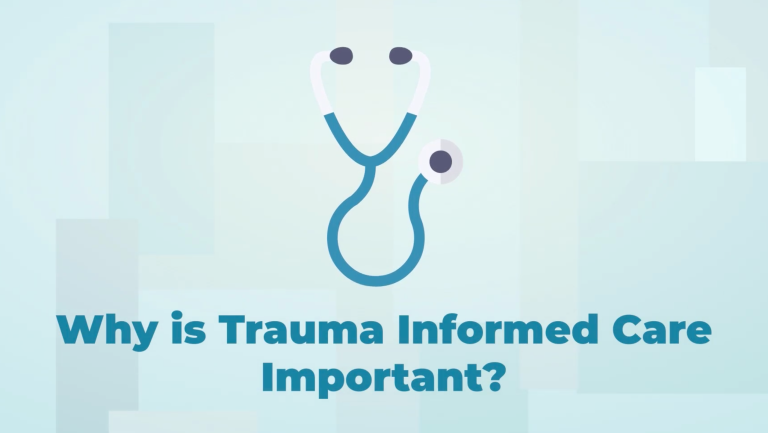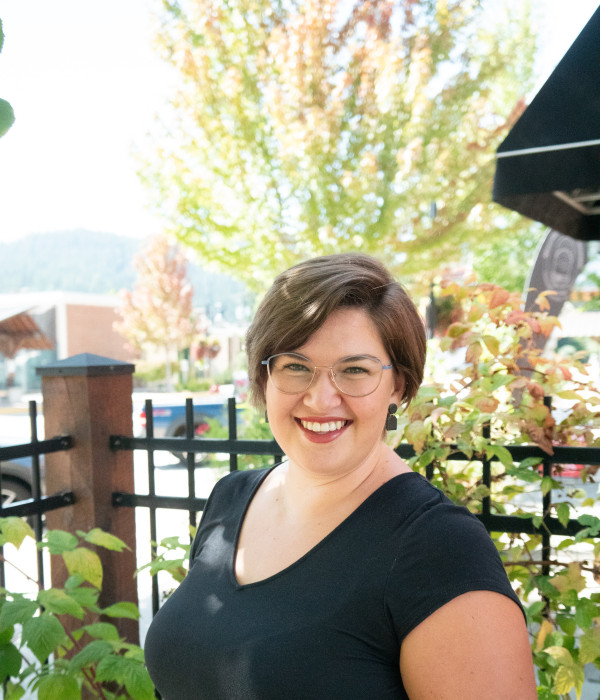Being Trauma Informed and Providing Better Education
One in three women in Canada have been sexually assaulted, and that statistic doesn’t account for many women who have never reported. 15 per cent of sexual assault cases in Canada are boys under 16 years old. The majority of patients seeking care from healthcare professionals have experienced the trauma of a sexual assault. Because trauma is held within our bodies, and ripples into many areas of our lives, approaching patients with awareness and sensitivity is critical. The way in which a trauma survivor is met and engaged when they first disclose a sexual assault and seek help highly influences how they will work through the trauma.
Delivered in an animated fashion, this curriculum is a five-part video series that educates on sex and trauma, specifically trauma related to sexual assault. The lessons of this curriculum will help medical professionals best support their patients who have experienced sexual trauma.
Learning Objectives
- Understand the prevalence and impact of sexual trauma
- Recognize trauma patterns in patients
- Approach difficult topics with compassion, sit with discomfort
- Learn strategies and best practices for supporting survivors of sexual assault
Lessons
RECOMMENDED FORMAT: Self-directed, Journal Club, Classroom Course
Go to Facilitation Guides
CURRICULUM DETAILS:
Number of Lessons: 5
Est. Lesson length: 20 minutes
Est. total length: 1.5-2 hours
INSTRUCTIONS:
- Download/print and review the outline and questions document.
- Watch the videos and work through the questions as you go.
We invite you to participate in this evaluation survey about your most recent experience with our website. You can complete this evaluation after each learning resource you finish, or after you have worked through multiple resources.
Additional Resources
Click above link to view Additional Resources.
We strongly believe that education is prevention. In order to reduce cases of sexual violence, we need to better educate on consent, but that often leads into conversations of better sex education, and in order to provide better sex education, we need to normalize learning about body autonomy. Different learning happens at different stages, though the conversations need to be ongoing, starting and being normalized at a young age. There are so many books to help have these conversations. This past April Fiona facilitated a crowdfunding initiative to raise money to then purchase books on these topics and donate to public and school libraries. These books can be checked out borrowed in any library across BC, just request an InterLibrary Loan from your local library, it's Free!

Go here Now What Canada to find your own copy of these kind of books, find list of books on body autonomy, consent and puberty to help you start the conversations and education with your young loved ones.
Click here to go to the resource page on 'Now What Canada' to help support you or your loved ones.
Creating Consent Culture: A Handbook for Educators, by Marcia Baczynski and Erica Scott is a must read for anyone who influences or educates minors or just those wanting to better understand the nuances of consent.

